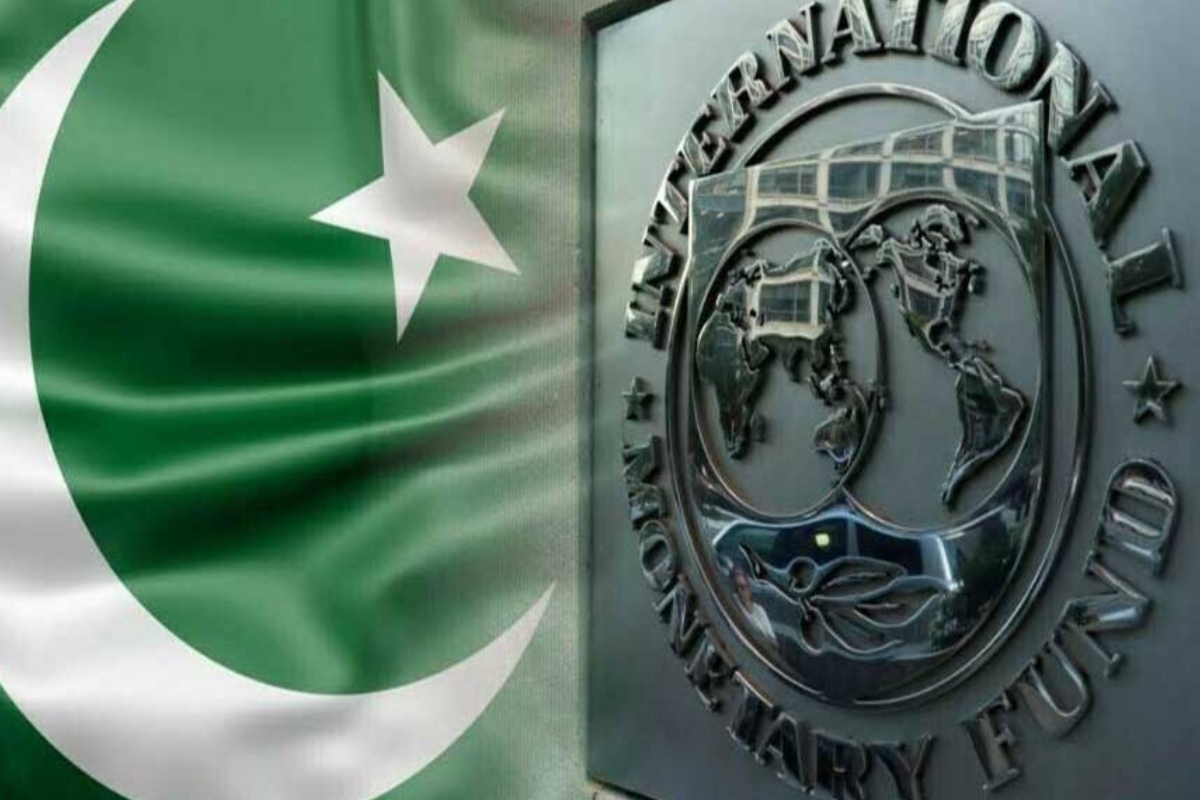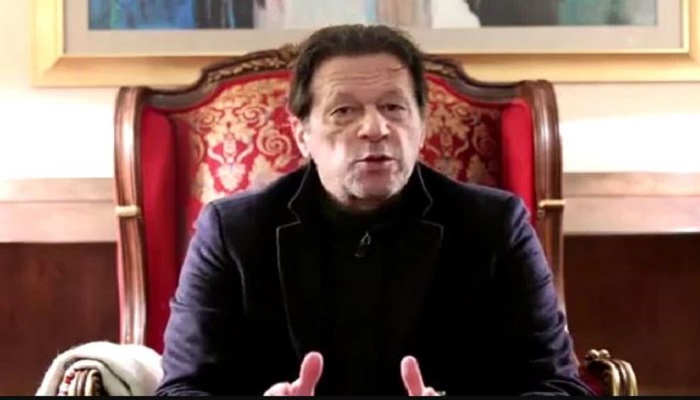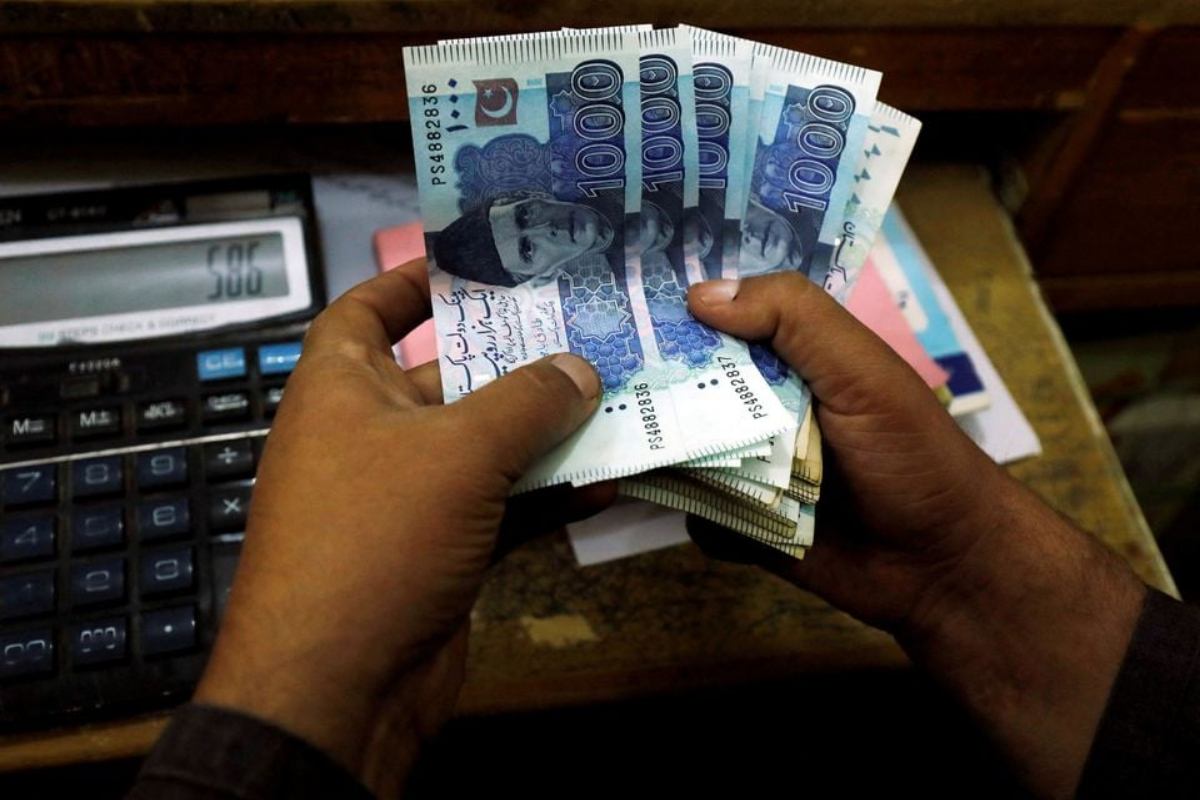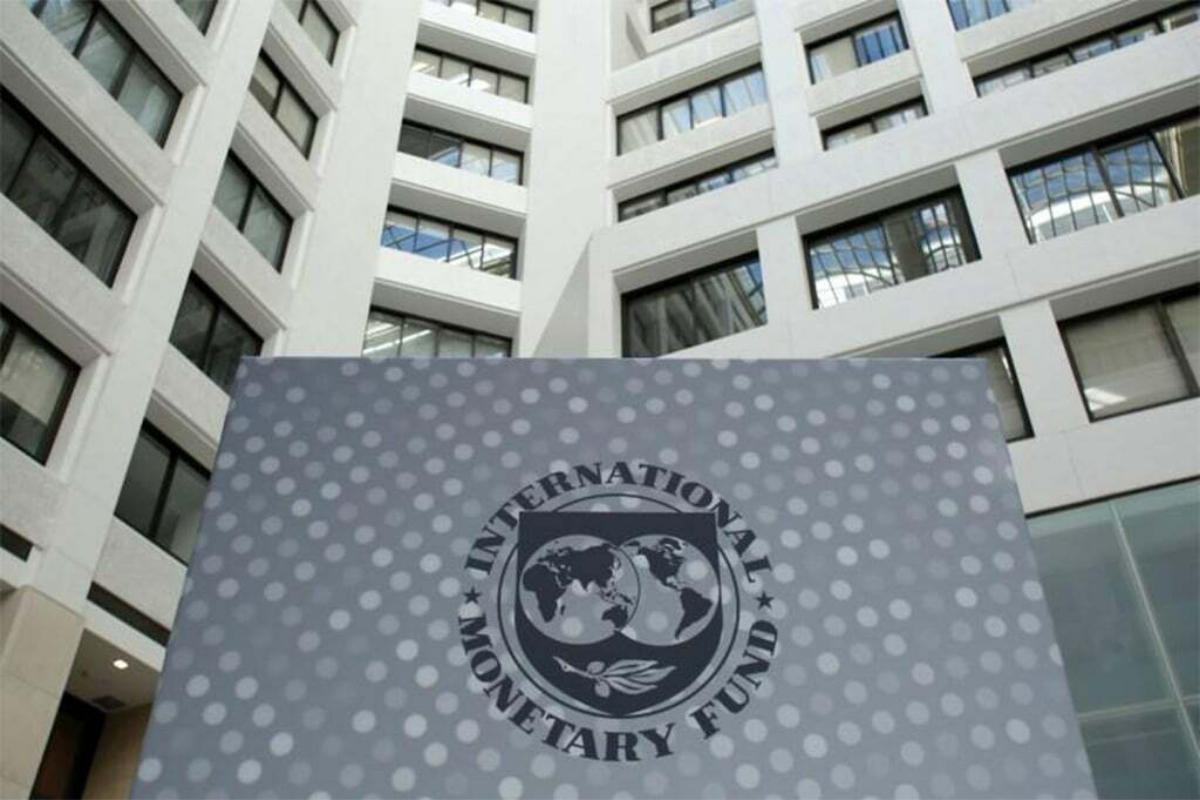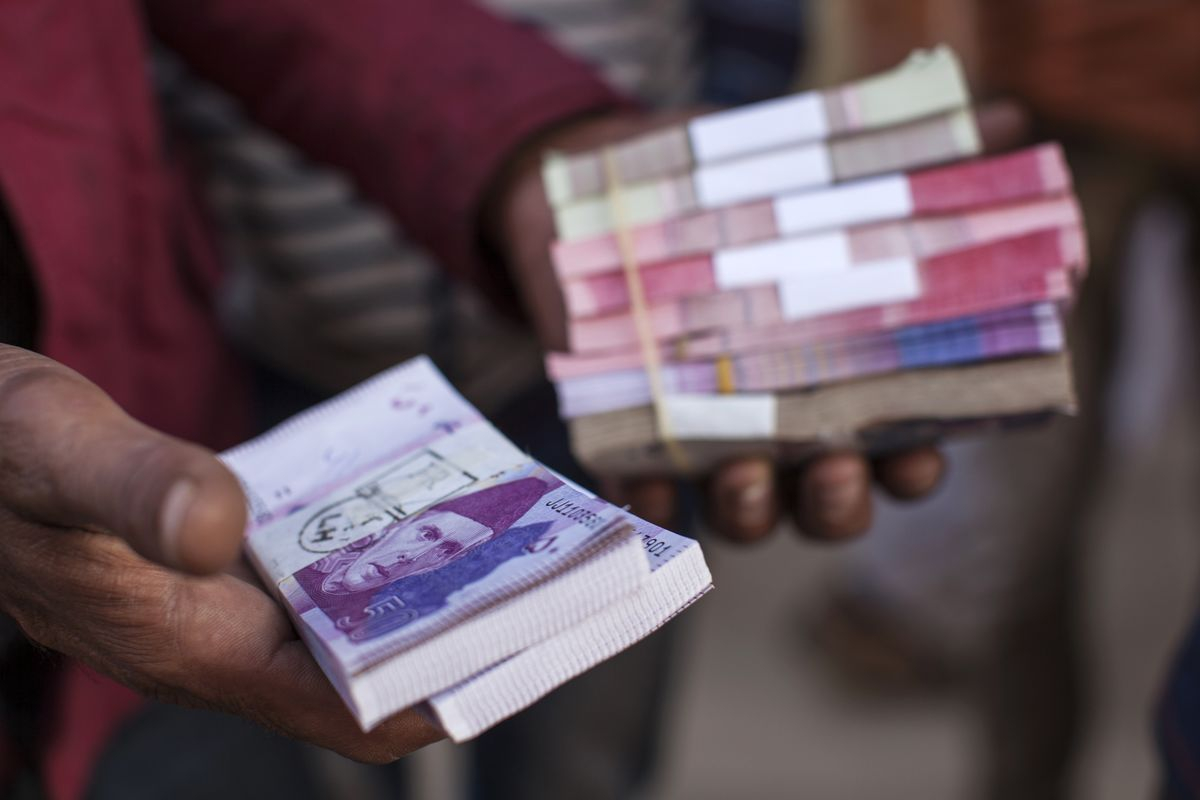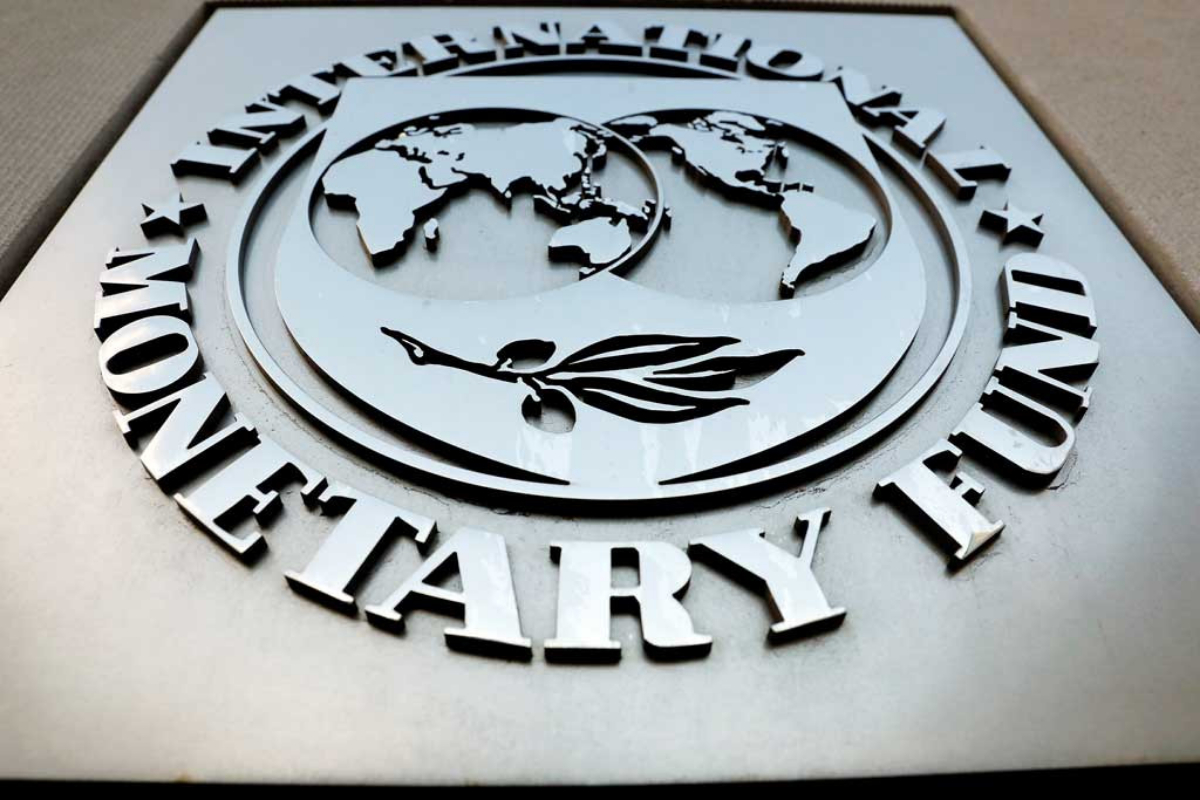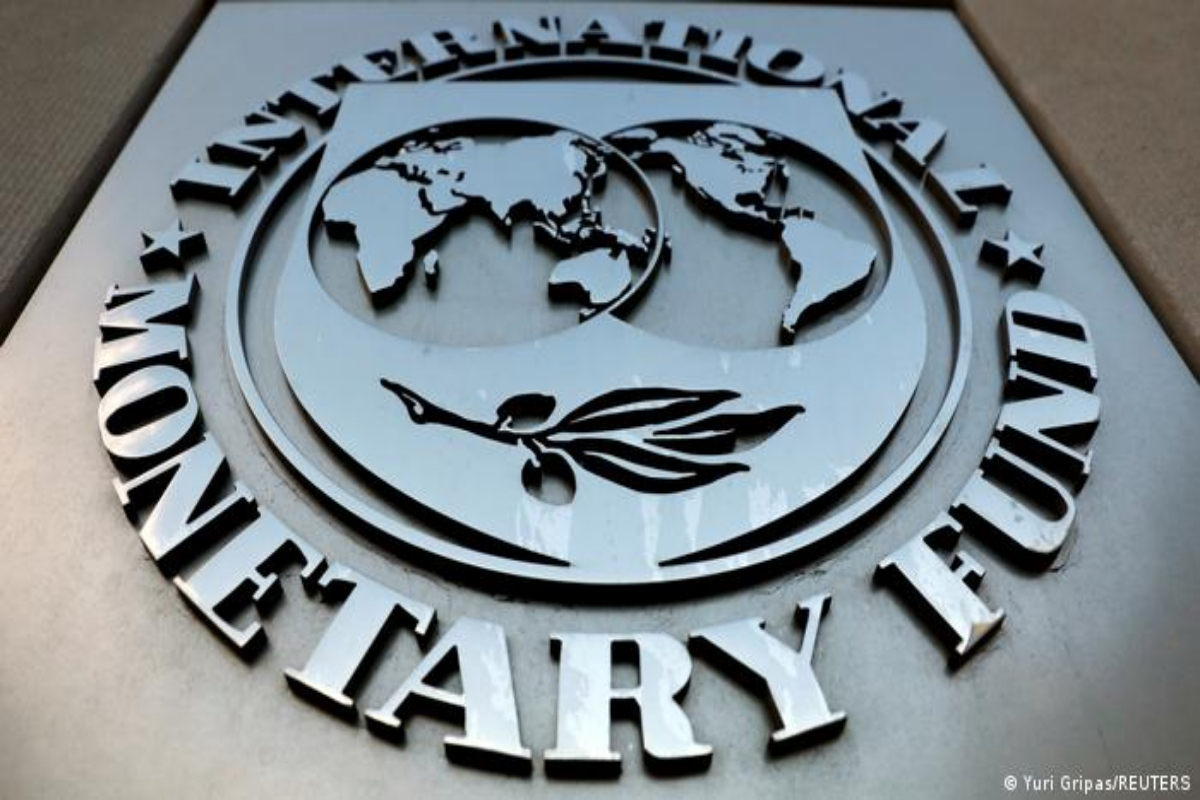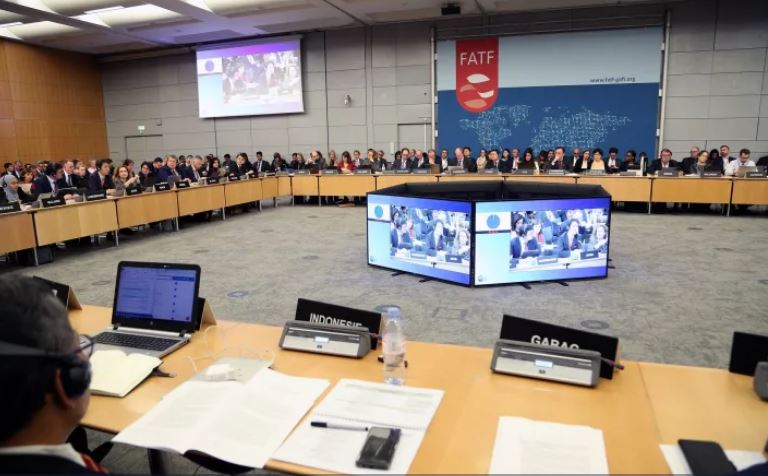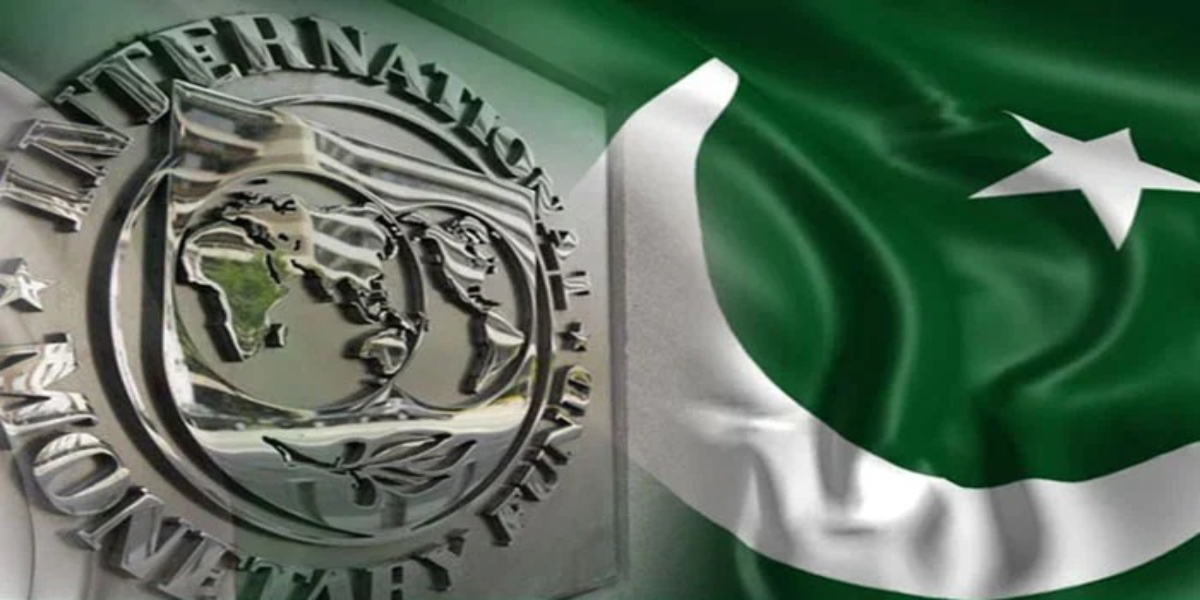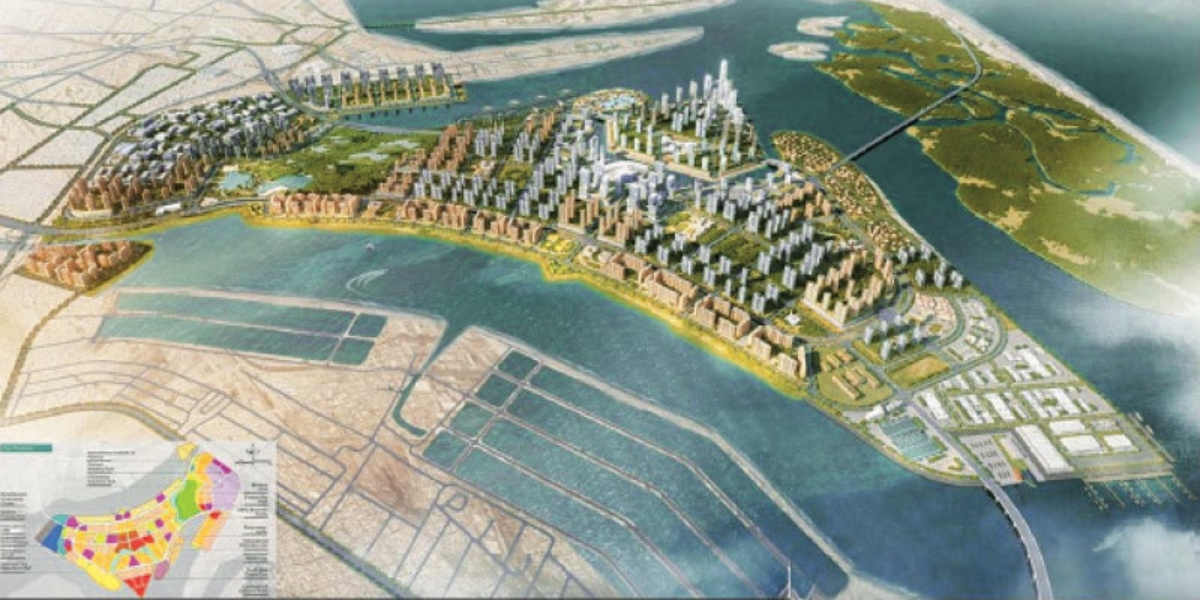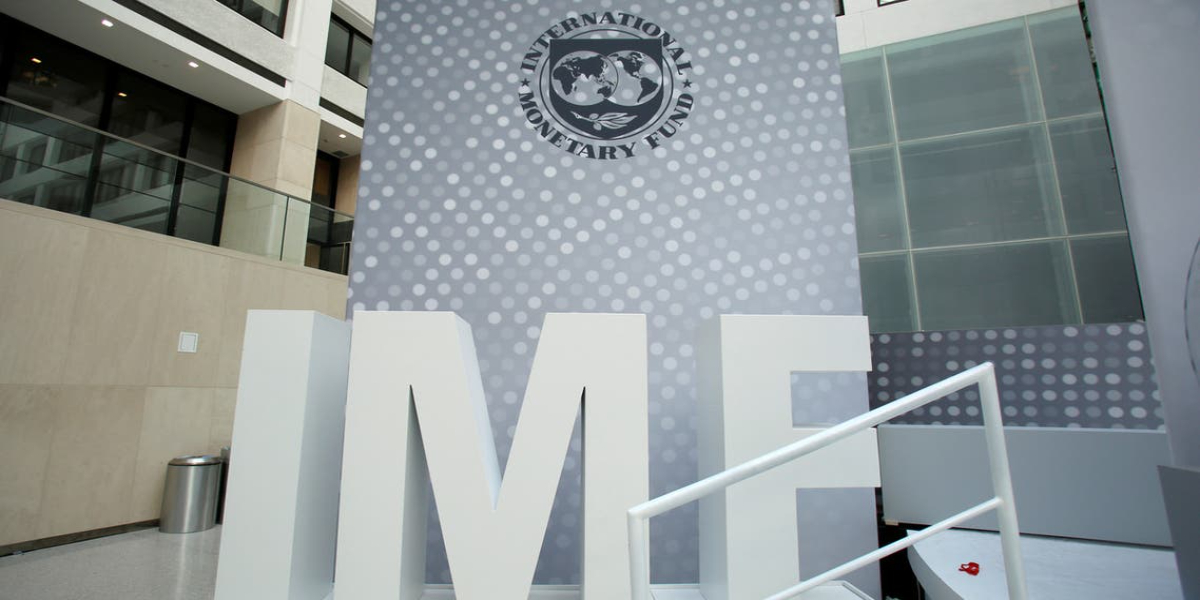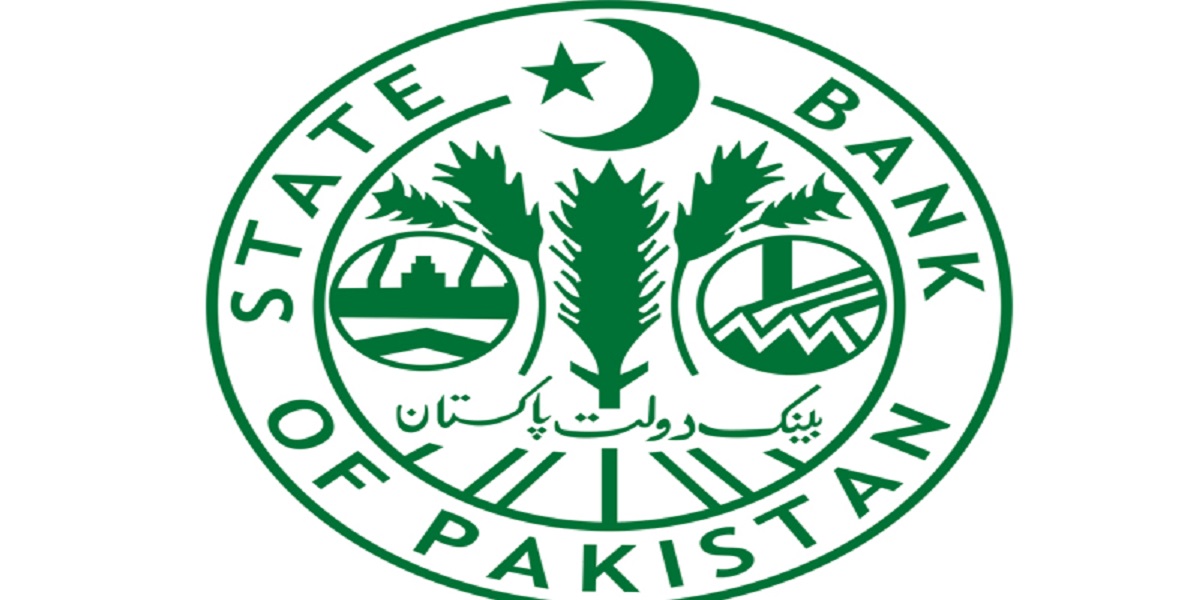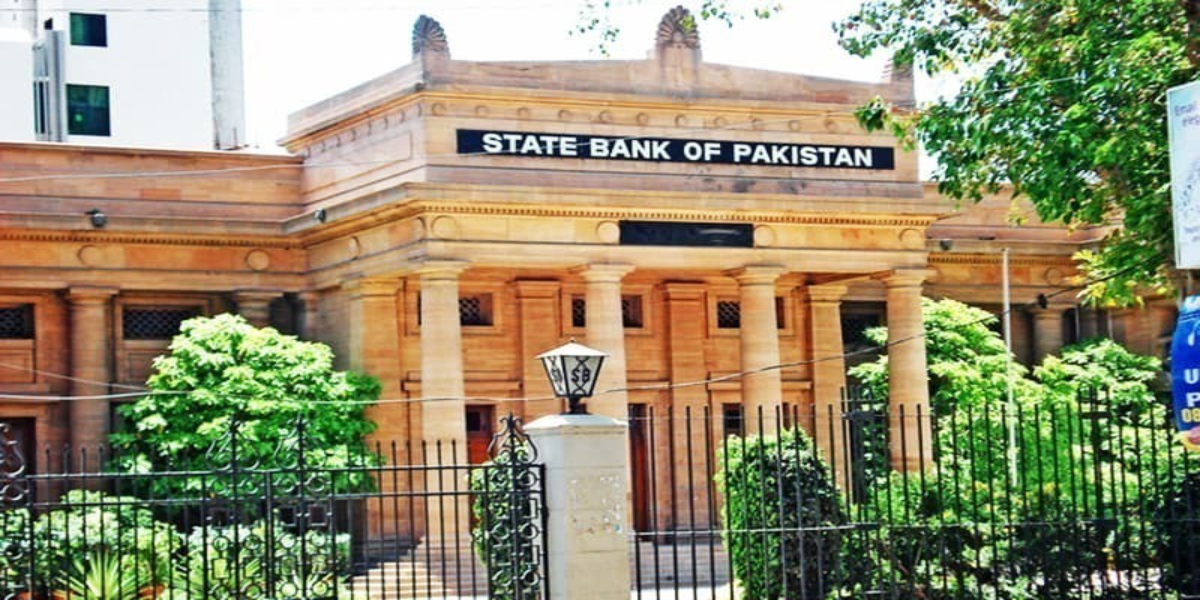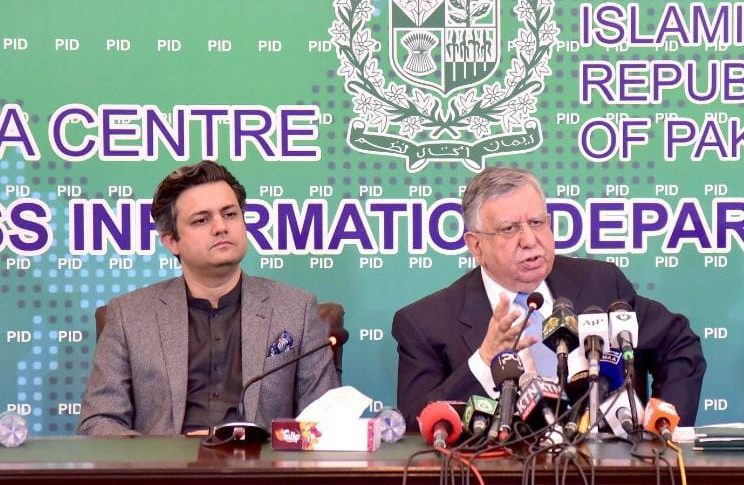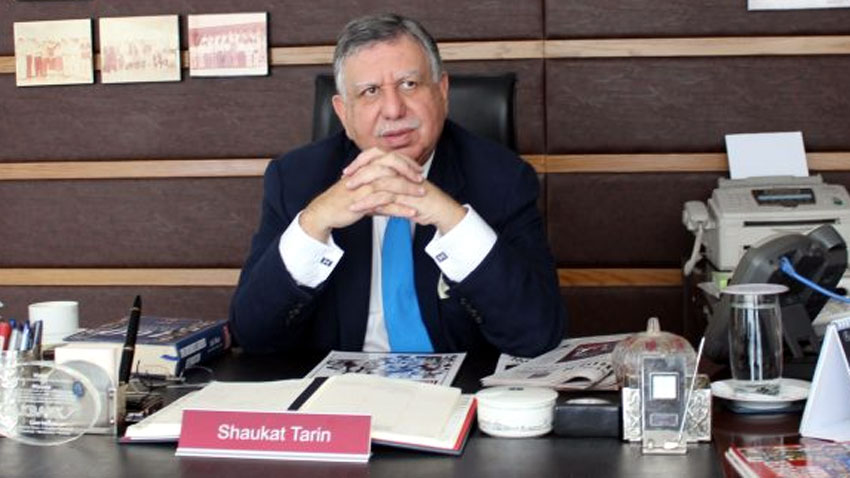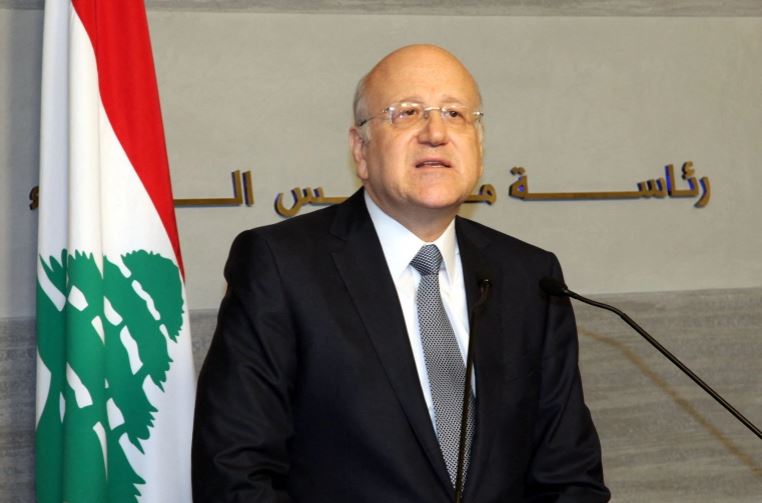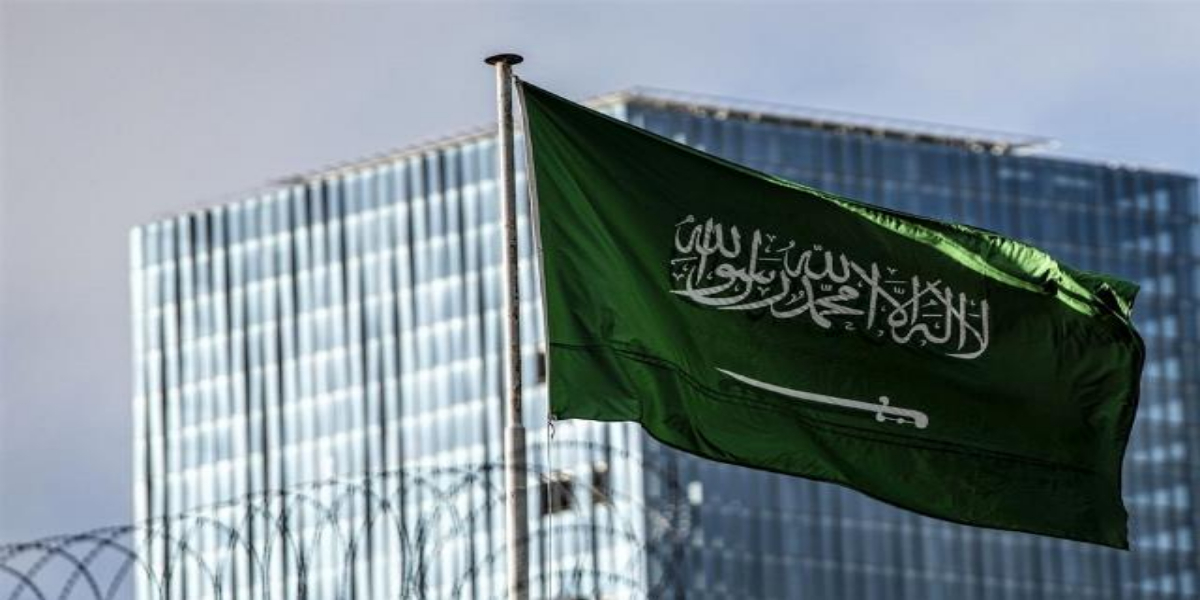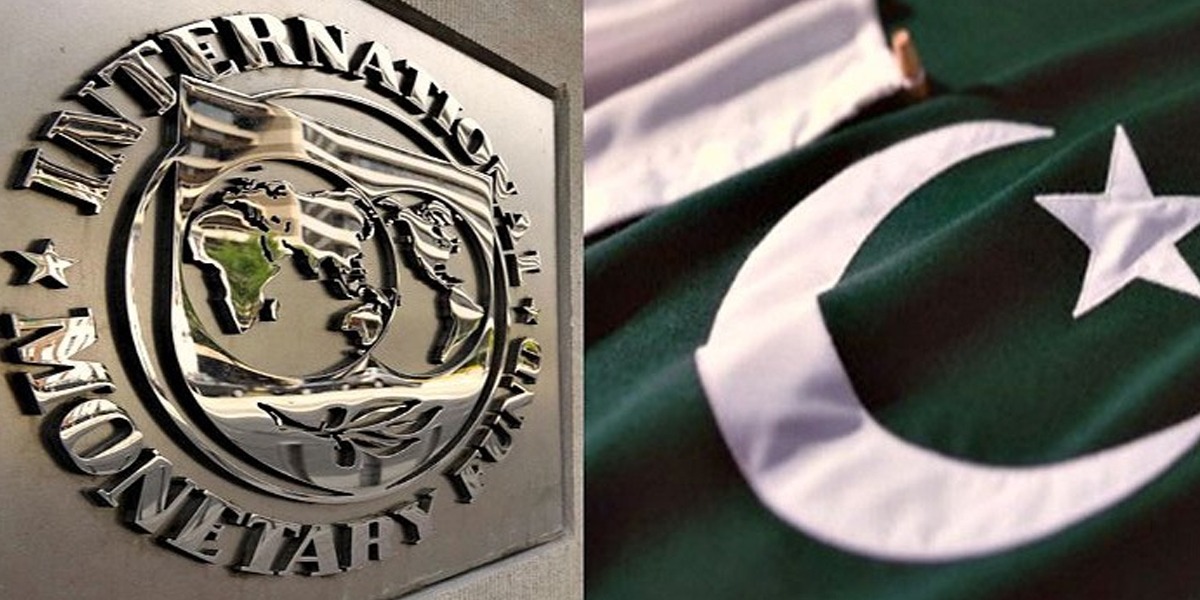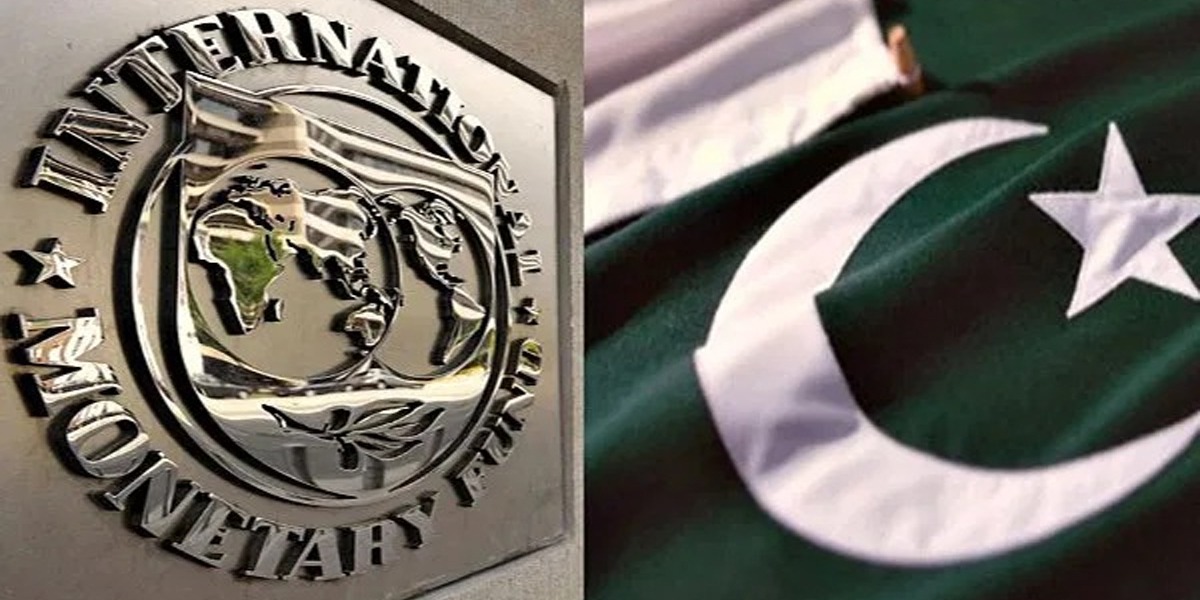- IMF attaches brutally severe and regressive terms to loans.
- Unattractive IMF terms push countries to other lenders, which is bad for us: Lord Sarfraz.
- Ghana, Sri Lanka, and Nigeria had to meet severe standards, he said.
Lord Aamer Sarfraz, Prime Minister Boris Johnson’s Trade Envoy to Singapore, has urged the UK government to reform the International Monetary Fund (IMF) with its allies.
He told, “The IMF attaches brutally severe and regressive terms to loans. Unattractive IMF terms push countries to other lenders, which is bad for us. We must ensure the IMF offers acceptable credit terms.”
The UK PM’s envoy’s declaration comes as numerous South Asian governments seek loans from the Washington-based lender.
Pakistan secured a staff-level deal with the IMF after removing oil subsidies and raising taxes, sparking inflation.
A recent Oxfam research indicated that 85% of IMF COVID-19 grants in the first year of the pandemic favored austerity. IMF study shows that austerity worsens inequality after pandemics.
He said IMF requirements for Kenya have hurt its poorest people the most, with record food and energy costs. Ghana, Sri Lanka, and Nigeria had to meet severe standards, he said.
He added that more restrictions could hurt the poorest in these countries.
Lord Sarfraz asked Liz Truss and Rishi Sunak to improve four areas.
First, he added, “IMF should resume conditionality-free financing. Second, loan conditionality should be discontinued.”
“Third, the IMF should support progressive tax measures instead of austerity measures. Businesses and public society should have a say in IMF credit programs.”
He said that the UK is IMF’s fifth-largest shareholder and should promote reforms with European and American friends after the new PM takes office.
[embedpost slug=”currency-value-to-stabilise-after-imf-deal-says-ahsan-iqbal/”]

